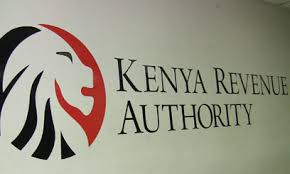The Tax Appeals Tribunal has ruled that the Kenya Revenue Authority (KRA) can treat all deposits in a company’s bank account as taxable income if the business cannot provide sufficient proof to the contrary. This ruling was delivered in Tribunal Appeal E1116 of 2024.
The Case
A pipe manufacturing company that began operations in 2019 challenged KRA’s assumption that all deposits into its accounts between 2019 and 2022 were taxable. The company claimed:
- Shareholders injected Ksh100 million as ordinary share capital in 2019.
- Additional shareholder contributions amounted to Ksh29.4 million.
- It secured a Ksh31.7 million interest-free loan.
- Shareholders contributed Ksh24.6 million to fund operations.
The company argued that these deposits were not taxable income.
Tribunal Findings
The tribunal found that the company failed to provide sufficient documentation to prove the deposits were capital injections or loans. Specifically:
- Bank statements and SWIFT confirmations were uncertified and inadequate.
- There was no analysis linking deposits to shareholders.
- Supporting documents like meeting minutes or resolutions were missing.
Regarding the Ksh31.7 million loan, the tribunal noted:
- The loan was interest-free and had no fixed repayment terms.
- The company provided no evidence of repayments between 2019 and 2024.
Without proper documentation, the tribunal concluded the amounts could be treated as taxable income.
Key Takeaways for Businesses
This ruling underscores the importance of clear record-keeping:
- Maintain detailed analyses of deposits.
- Keep certified bank statements and loan agreements.
- Document shareholder contributions through meeting minutes or resolutions.
Businesses must distinguish between capital contributions, loans, and taxable income to avoid unexpected tax liabilities.
This decision reinforces KRA’s authority and serves as a reminder that transparency and proper bookkeeping are essential for all Kenyan companies.

